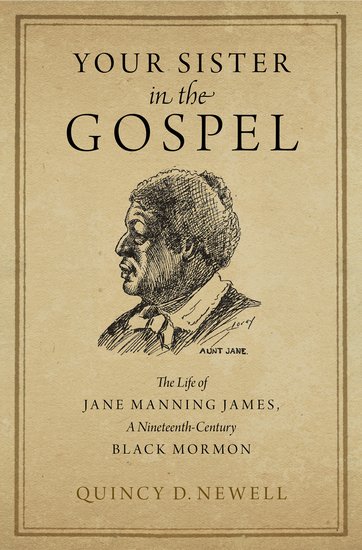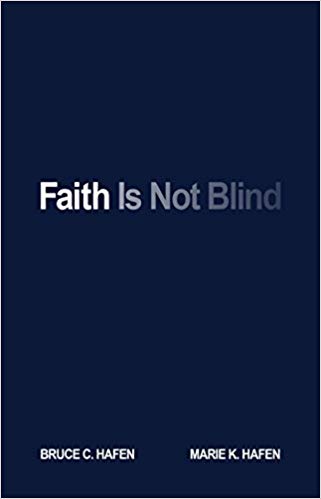
Quincy D. Newell’s new book Your Sister in the Gospel: The Life of Jane Manning James, A Nineteenth-Century Black Mormon is a unique and valuable addition to the fields of both Mormon Studies and nineteenth-century American History.
As Newell points out in her introduction, Jane Manning James’s story is “important because it troubles the waters” and “expands our understanding of nineteenth-century African American history beyond the standard narratives.”[1] That story is not as well-known as it should have been, and has been neglected by many scholars, perhaps, as Newell speculates, because Jane’s “membership in the LDS Church leads many scholars to see her as a dupe or a victim.”[2] Her narrative seems to move in a separate direction than many of the others. Instead of moving from “slavery to freedom”, Jane goes from being born free into a church that “treats her as a second-class citizen.”[3]








